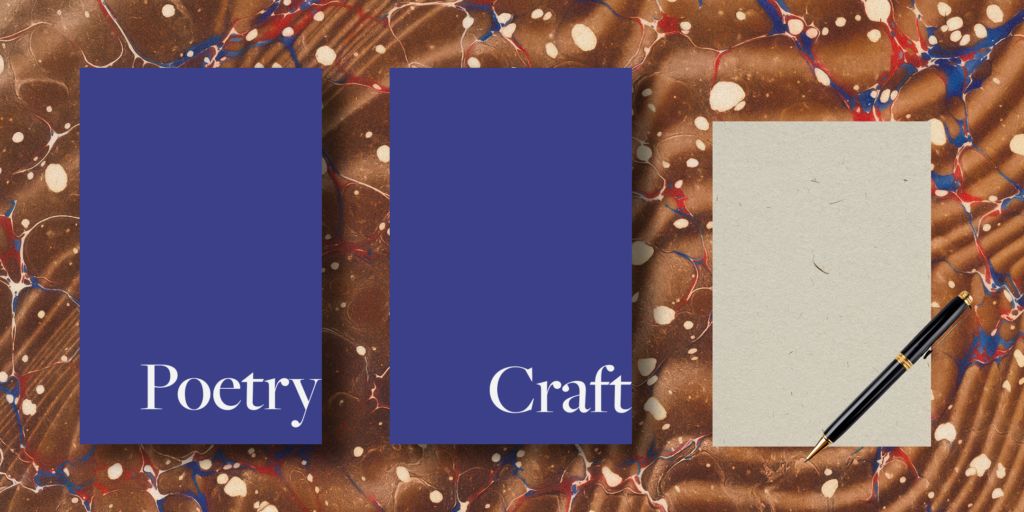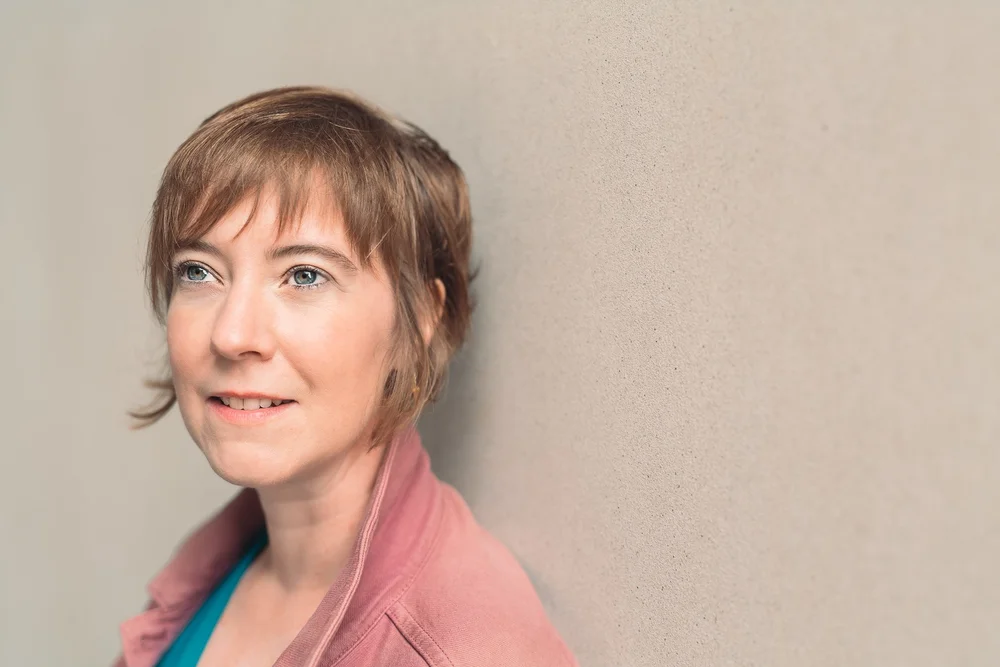As part of our Poetry Craft series, Sarah Hesketh discusses how poets navigate plagiarism, consent, and authorship.

When using real speech in poetry, how do you maintain authenticity without simply reproducing raw material?
I suppose I’d immediately like to take issue with that word ‘authenticity’. Poetry that incorporates text that comes from a speech act is no more ‘authentic’ (if by that we mean somehow more spontaneous or unmediated) than any other kind of creative writing. An interview between two people is a staged act. When you write any kind of conversation down, you’re already making editorial decisions about how you transcribe the ums, the pauses, the stammers, the false starts that make up much of ordinary conversation. You’re editing before even the first question is out of your mouth. Is a sculpture more ‘authentic’ because it uses rubbish from the street rather than marble? They’re just different kinds of artistic starting materials.
Where do you draw the line between inspiration and appropriation when working with someone else’s words?
The annoying answer is there is no line and you’re always working on a case-by-case basis. If you’ve been working collaboratively with interviewees with whom you’ve built a relationship, however short-term, then you’re going to take a different approach to the material than with the words of people who are long dead or that you’ve never met. Charles Reznikoff, in his book-length poem Holocaust was working with court transcripts from the Nuremburg and Eichmann trials, and he often re-ordered or adapted the original transcript to heighten the dramatic effect he was aiming for. If I’m taking my creative work back to the people who have helped to create it, then I’m going to be following their lead on how the raw transcripts represent our original conversation and how far I can edit and restructure going forward to a final work.
How do you ensure proper consent and ethical practice when turning an interview or transcript into a poem?
Consultation and clear communication with your participants are absolutely crucial. Having a proper and legally binding consent document in place at the beginning that makes clear what a writer/interviewer can or can’t do and an appropriate attribution of copyright or licensing is absolutely best practice. Where participants are particularly vulnerable this is even more important. Having said that, people are adults and you also must trust them to make their own decisions about how much involvement in the process they want. I’ve had people who were happy to be interviewed and have their words included and then have absolutely no interest in the final text or the project going forward – they’ve got what they wanted from the encounter already and don’t want hassling with endless versions of my drafted ramblings. Other people will want sign-off on every word included that relates to them.
Have you ever encountered legal or copyright concerns when working with found or recorded material? How did you navigate them?
When working on my book 2016 I was keen to follow oral history best practice and archive my original recordings with a university library. However, libraries often won’t take recordings unless copyright for the whole recording is signed over to them in perpetuity. This makes it easier for future scholars to access and use the material and the drive for academic open access. However, I didn’t feel it was right to ask my interviewees to hand over their rights to the material, nor did I want to give up ownership on my work and so, in the end, I opted not to archive. The original recordings, and the rights to them, stay with me and my interview participants. If you want to read about how thorny this kind of issue can get then do read up on the Boston College Belfast Tapes Project.
Do you think poetry has a different kind of responsibility when handling real voices compared to journalism or oral history?
What’s different is your reader’s expectations. Rightly or wrongly, when real voices are presented with the label of journalism or historic discourse then readers expect a certain kind of adherence to verifiable fact. There’s also a notion of ‘history from below’, that a kind of justice is being served through the use of personal voice or testimony. When a reader comes to a poetry book there’s a greater understanding between the writer and the reader that what is being presented is a more creative act or performance through writing. Poetry is a highly constructed and manipulated form of language. Poetry that includes real voices has a constructed form as intricate as any sonnet. Transcripts and poetry sit at opposite ends in terms of size and length. For one to be turned into the other, a very large amount of loss of the original material has to happen.
How do you approach attribution or acknowledgment when someone’s language has shaped your work, even subtly?
If I’m working with real living people, then it’s up to them to decide the level of attribution. Some might want to remain anonymous or pseudonymous, others are very keen to have their contributions acknowledged, though that doesn’t mean it always has to be in-text. Or it might mean listing people as co-authors. If I have a direct quote from anyone or from another text in my work, then I’d always list it in a notes or citations page.

Photo credit: Donna Ford
Sarah Hesketh is a writer and Editor. Her books include Napoleon’s Travelling Bookshelf (Penned in the Margins, 2009), The Hard Word Box (Penned in the Margins, 2014), and The Emma Press Anthology of Age (Ed., 2015). Her most recent book, 2016, was published by CB Editions in spring 2025 and uses interview transcripts to produce a poetic record of a difficult year. Her work has a focus on socially-engaged writing practices and she has been an Artist in Residence with Age Concern and The Holocaust Memorial Day Trust. She is the workshop leader for the Poetry by Carers project and in 2022 she was awarded a Royal Society of Literature ‘Literature Matters’ award.
Add your Reply
You must be logged in to post a comment.